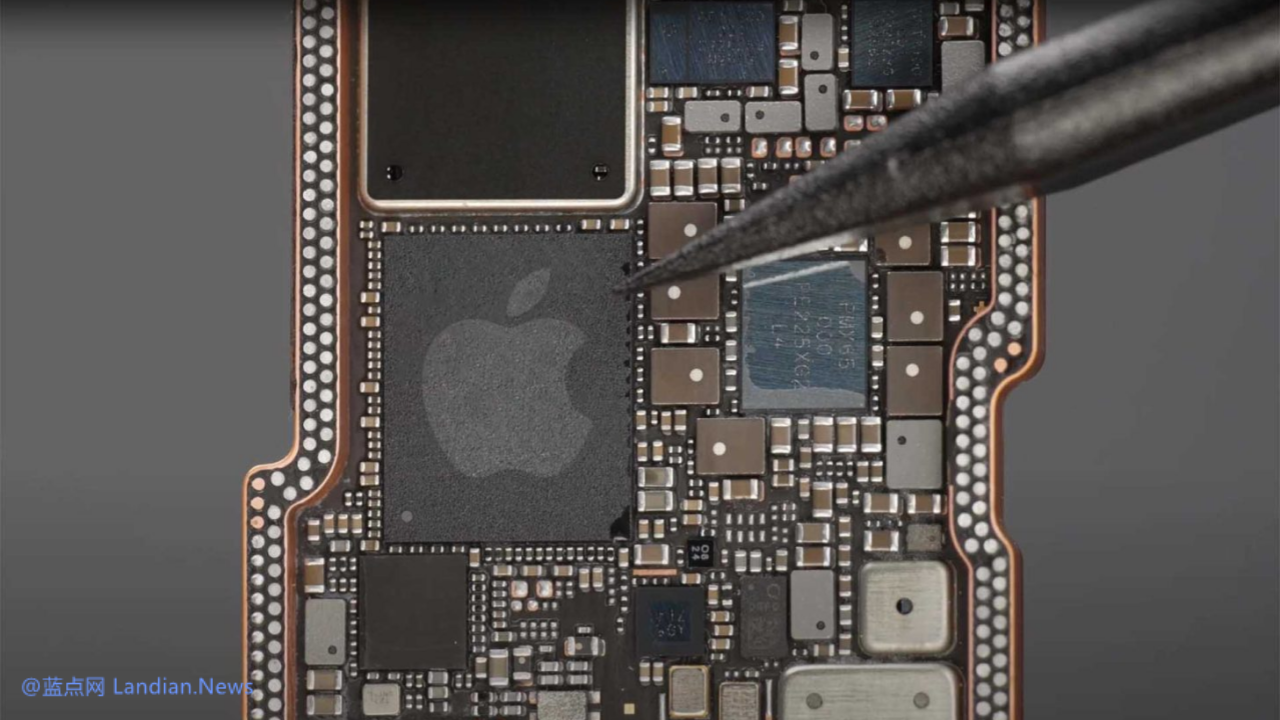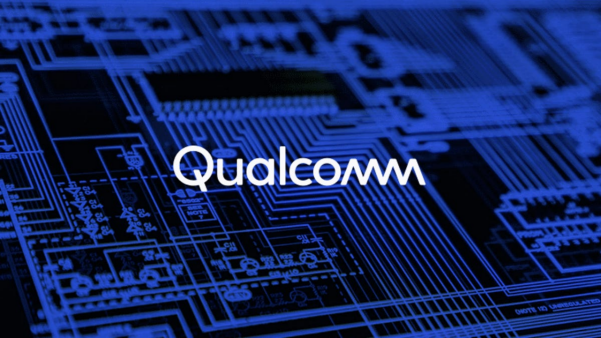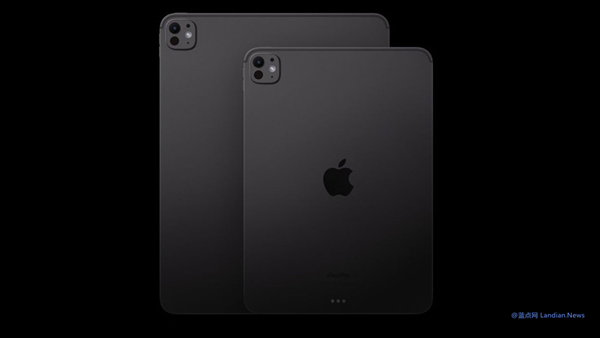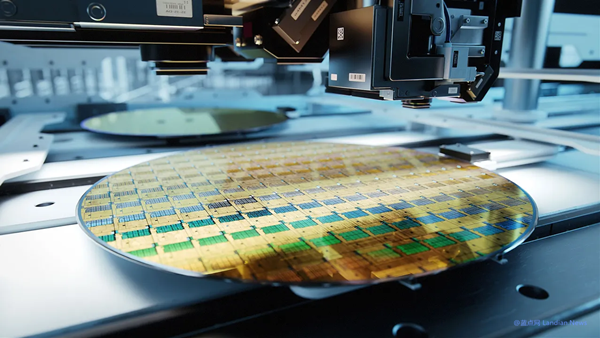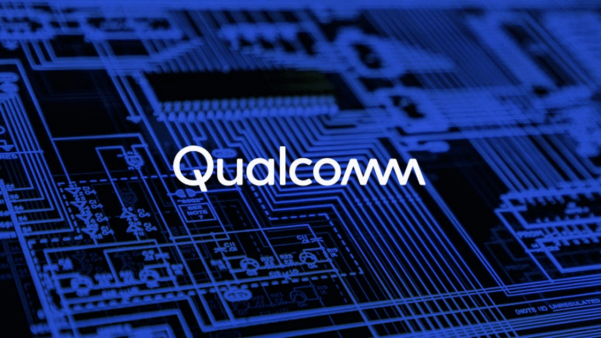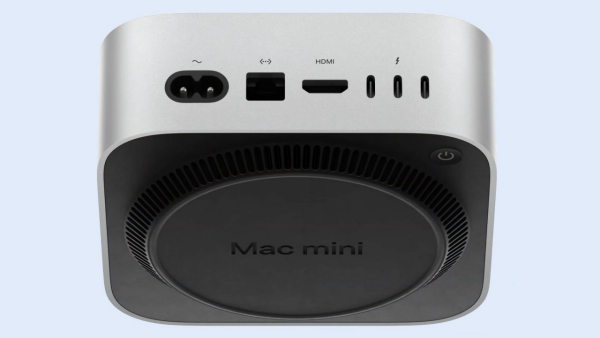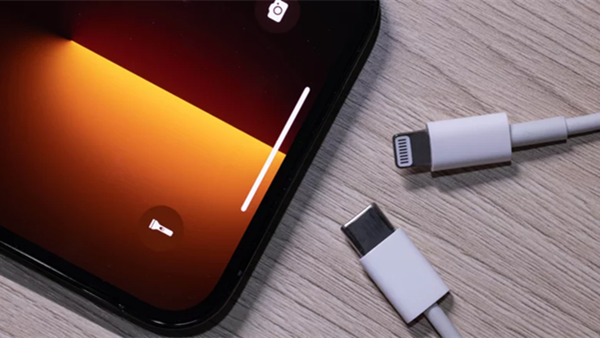Apple is planning to adopt its own Bluetooth and WiFi chips starting next year, moving away from using Broadcom's wireless chips.
Apple's in-house chip development appears to be progressing steadily. Initially, Apple developed the A series chips for iOS devices, followed by the M series chips for Macs, completely abandoning Intel processors.
Starting next year, Apple will also begin testing its self-developed 5G baseband chips, aiming to gradually replace Qualcomm's 5G baseband chips. Interestingly, Apple's ambitions in the wireless chip domain extend beyond just 5G baseband chips.
According to Bloomberg, starting next year, Apple will progressively adopt its in-house developed Bluetooth and WiFi chips, which are currently supplied by Broadcom. However, Apple and Broadcom will continue their partnership in other areas, such as server chip development.
It's noteworthy that Apple's 5G baseband, Bluetooth, and WiFi chips are being developed by separate teams, with no direct association between the projects. However, the teams are expected to collaborate since their work will ultimately serve the iPhone.
Insiders reveal that Apple's ultimate goal is to develop an end-to-end wireless solution that integrates closely with other components, offering improved energy efficiency, though specific figures were not disclosed.
The advantage of using in-house chips for Apple is the ability to optimize performance and achieve deeper integration as needed, enabling the creation of thinner iPhones and providing services for wearable devices.
In addition to collaborating with Apple on server chip development, Broadcom continues to supply Apple with RF filter chips, a component Apple has not developed in-house and therefore still relies on Broadcom for support.
However, this isn't Apple's first foray into developing its own wireless chips; it already uses custom wireless components in AirPods and the Apple Watch, whereas previously, Broadcom supplied chips for the iPhone, iPad, and Mac.
Looking ahead, Apple's chip design department is likely to take on increasingly more tasks, designing more of Apple's own chips to replace those supplied by vendors. For Apple, using its own chips allows for better control and provides improved interconnectivity within the Apple ecosystem's hardware.
